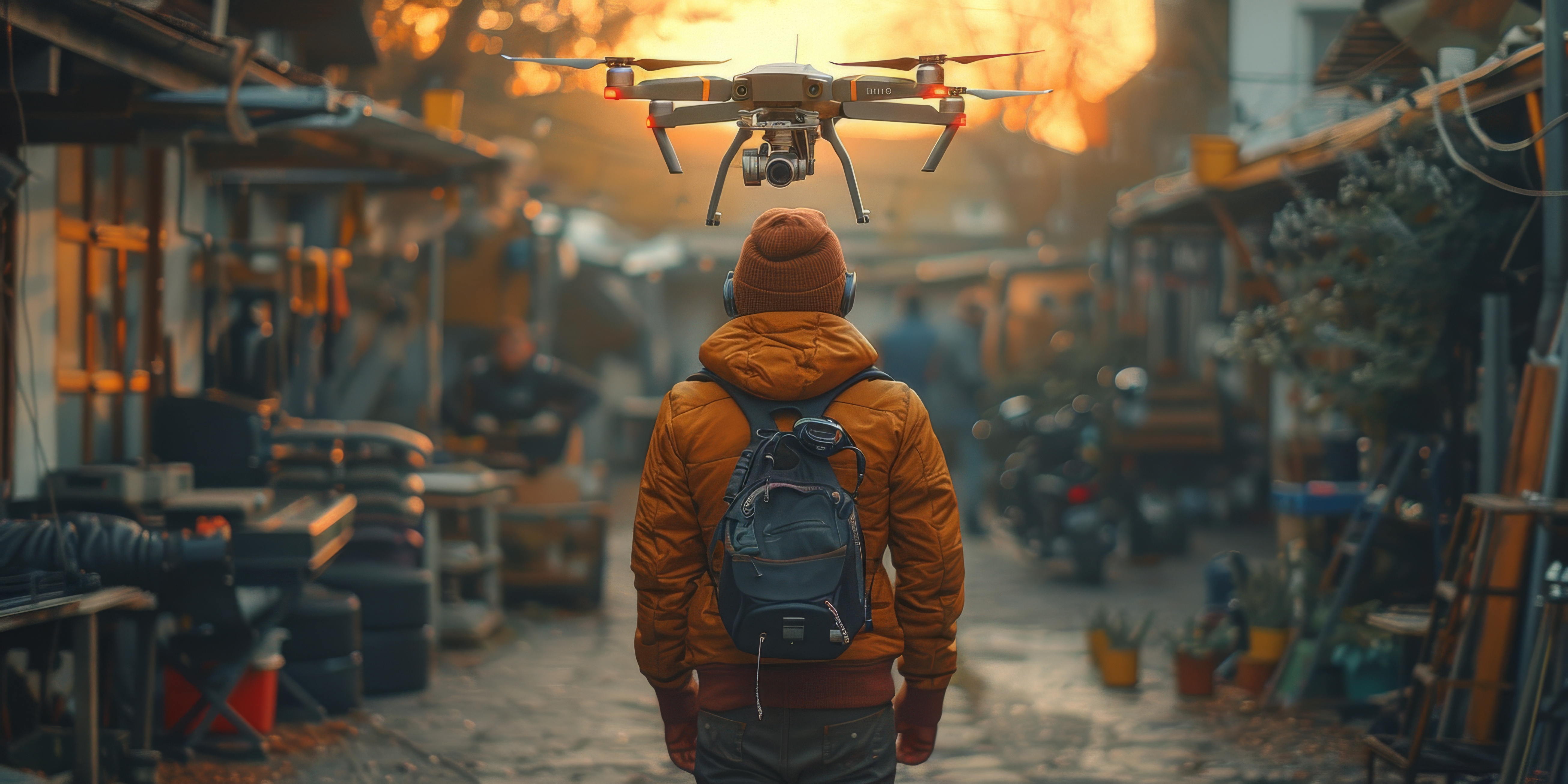The Future of Drones: What to Expect in the Next 10 Years
Drones have come a long way from being simple remote-controlled devices to becoming sophisticated machines used across industries. As technology advances, the capabilities of drones will continue to expand, transforming how we live, work, and interact with the world. Over the next decade, we can expect groundbreaking innovations in drone technology that will revolutionize various sectors.
Autonomous Drones & AI Integration
The future of drones will be heavily influenced by artificial intelligence (AI) and machine learning. Autonomous drones will be able to navigate complex environments, make real-time decisions, and perform tasks without human intervention. AI-powered drones will improve efficiency in industries such as agriculture, logistics, security, and search-and-rescue missions.
Urban Air Mobility & Passenger Drones
Flying taxis and passenger drones are expected to become a reality in the next decade. Companies like Uber, Airbus, and Volocopter are developing electric vertical takeoff and landing (eVTOL) aircraft to revolutionize urban transportation. With smart city infrastructure advancements, we may see drones used for quick commutes, reducing traffic congestion in major cities.
Drone Delivery Services
Drone delivery is set to become more widespread, with major companies like Amazon, UPS, and Google’s Wing investing in drone logistics. Faster, eco-friendly deliveries of goods, groceries, and medical supplies will redefine e-commerce and healthcare accessibility, particularly in remote areas.
5G-Enabled Drones for Real-Time Connectivity
The integration of 5G networks will allow drones to operate with minimal latency and enhanced connectivity. This will enable high-speed data transfer, real-time HD video streaming, and improved remote control capabilities, making drones more reliable for surveillance, live broadcasting, and emergency response.
Advanced Drone Swarming Technology
Swarm drones, which function as coordinated groups, will be used for military operations, disaster relief, and even entertainment events like drone light shows. These drones will work collaboratively, making complex tasks more efficient and effective.
Drones in Environmental Conservation
Drones will play a crucial role in environmental monitoring and wildlife conservation. They will be used for reforestation projects, anti-poaching surveillance, and monitoring climate change impacts. With AI, drones will collect and analyze environmental data to support sustainability efforts worldwide.
Stronger Regulations & Air Traffic Management
As drone usage increases, governments will introduce more regulations to ensure safety and privacy. Air traffic management systems for drones will be developed to integrate them safely into civilian airspace, preventing collisions and unauthorized flights.
Hybrid & Solar-Powered Drones for Extended Flight Time
Battery life has been a limiting factor for drones, but future models will feature hybrid propulsion systems and solar-powered technology. These innovations will allow drones to fly for extended periods, making them more effective for large-scale surveillance, mapping, and disaster response missions.
Conclusion
The next decade will bring remarkable advancements in drone technology, making them more autonomous, efficient, and integrated into our daily lives. From aerial transportation to enhanced delivery systems and environmental conservation, drones will continue to reshape industries and improve human experiences. As regulations and technologies evolve, the potential of drones will only expand, leading us into an exciting future of innovation and transformation.
.png)






Leave a Comment
Your email address will not be published. Required fields are marked *